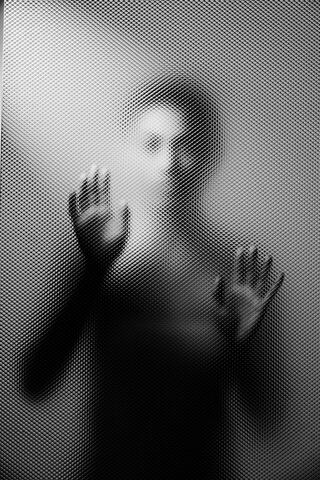
Free Instinctive energy protects the innocent self.
Claiming the Lost Self: An Essential Task for Midlife Women — Seven-Part Series
The Rescue Dream
By Joanna Poppink, MFT
Series Note
The Rescue Dream is Article 4 in the seven-part series, Claiming the Lost Self. The series explores how women lose connection to their inner truth through distorted ideas of love and loyalty, and how depth psychotherapy supports the return of the self that survived under a heavy cloak of defenses. Each article builds on the last. Together they trace the psyche’s movement from distortion to awakening through dreams, memory, embodiment, and spiritual renewal.
Summary
A rescue dream appears only when the psyche senses that a woman has created enough inner ground to face what once drove her into hiding. These dreams do not arrive early in therapy. They come after slow but profound internal shifts. When the psyche senses coherence, presence, and even brief moments of self-recognition, it releases a dream that carries danger, memory, instinct, and new possibilities. Such dreams show that the unconscious is ready to rewrite an old story and reveal the strength a woman has been growing one quiet change at a time.
 Reversing the narcissist's gaze. How to see yourself clearly with your own eyes.
Reversing the narcissist's gaze. How to see yourself clearly with your own eyes.



